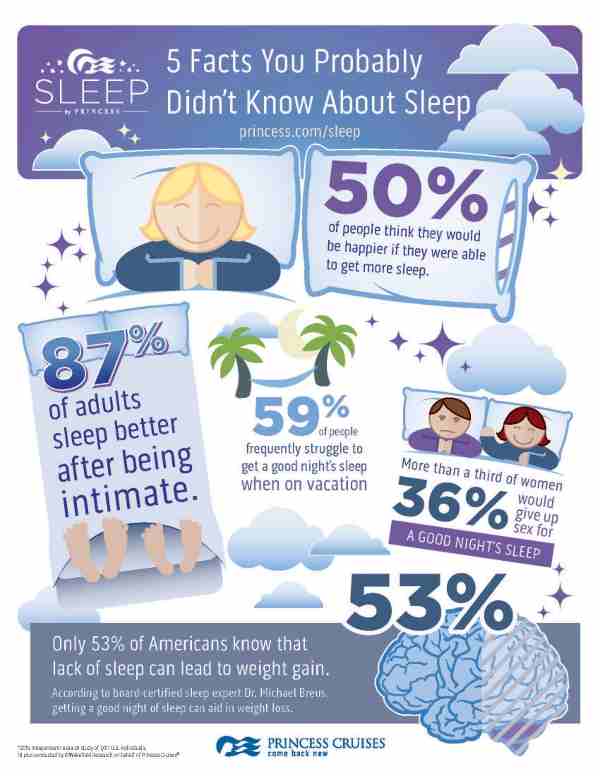Teens and Depression: Five Warning Signs

Withdrawn. Irritable. Sleepy. This could describe almost any teenager; but these are also symptoms of teen depression.
“The difference between normal teen moodiness and clinical depression is very hard for lay people to discern,” says Ken Duckworth M.D., medical director of the National Alliance on Mental Illness.
In a new video at besmartbewell.com, Dr. Duckworth provides practical advice to help parents recognize the warning signs of teen depression.
Teen depression is more common than people think, according to Dr. Duckworth. In the video, he explains that about 11 percent of young people experience depression during adolescence.
[ Also Read: Is Female Ejaculation Real? ]
Teen depression sometimes gets overlooked because it doesn’t always look like depression in adults.
For example, sadness is a core feature of most depression and what most people associate with depression, according to Dr. Duckworth.
However, many teens also experience other symptoms—warning signs that parents might miss if they are not attuned to them.
[ Also Read: Porn Star Belle Knox Features in Adam & Eve Film ]
In the video Teens and Depression: Top Five Signs to Look For, Dr. Duckworth advises parents be on the lookout for these signs:
- Sleep disturbance. “Many adolescents sleep until noon on a Saturday, but if you notice a change in their sleep or their sleep is irregular even more than before, that’s something to worry about,” Dr. Duckworth explains in the video.
- Social changes. “Adolescents are typically very focused on social connections,” he says. “If they’re not interested in their social network and they want to quit sports, pay attention to that.”
- Physical symptoms. Some teens demonstrate their emotional distress through physical symptoms, such as headaches, stomach aches, weakness and body aches.
- Substance abuse. Some depressed teens use drugs and alcohol to change how they’re feeling. Abusing drugs and alcohol also increases the risk for depression or worsening depression, leading to a vicious cycle.
- Safety issues. Any time a teen expresses suicidal thoughts, it should be taken seriously. “If your adolescent is talking about dying or wishing they were dead, that’s something to attend to and to make sure that you seek professional assistance,” Dr. Duckworth says.
With symptoms, the main thing to look for is the duration. “When the difficulties last for weeks and they impact functioning, school, relationships, and it changes the way a person thinks about themselves, that’s a clinical syndrome,” says Dr. Duckworth.
The Be Smart. Be Well. site provides practical information about teen depression and how to help a teen suffering from depression.





